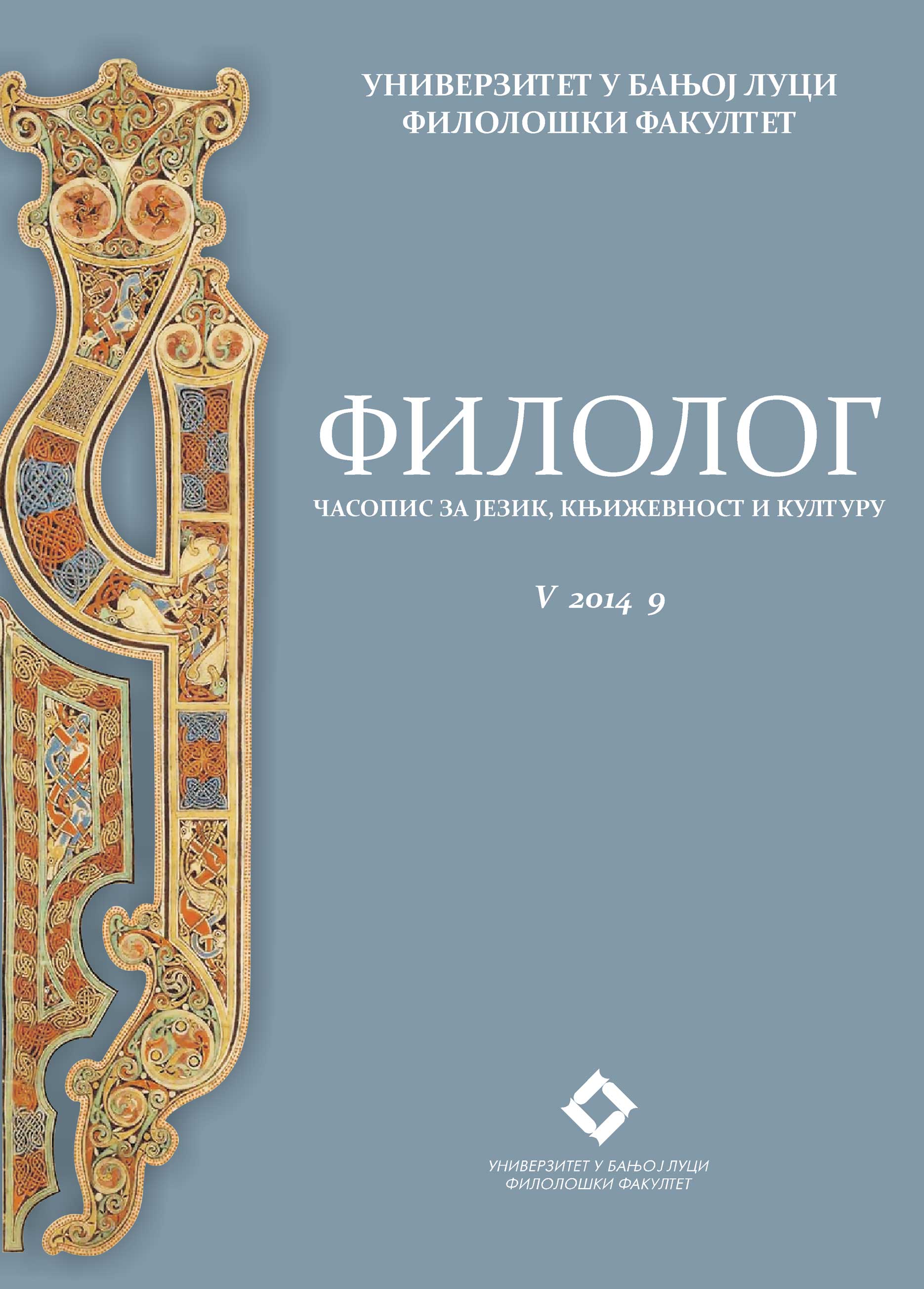The Survival Value of Telling Stories: “Pincher Martin” and “Life of Pi”
The Survival Value of Telling Stories: “Pincher Martin” and “Life of Pi”
Author(s): Vesna LopičićSubject(s): Language and Literature Studies, Novel, Comparative Study of Literature, Other Language Literature, Philology, Theory of Literature, British Literature
Published by: Филолошки факултет Универзитета у Бањој Луци
Keywords: Evolutionary criticism; survival value; storytelling; Golding; Martel.
Summary/Abstract: The last two decades in literary studies have been marked by increasing interest in evolutionary theories of art involving psychology, cognitive science, biology, neurology, etc., all somehow related to Darwinism. A common conclusion of various researches is that storytelling is an adaptation that has significantly contributed to human survival as a species, making man Homo Fictus rather than Homo Sapiens. A number of reasons are given as to why people tell stories and how stories make us human. In this article, I would like to argue that telling stories indeed has a high survival value, not only because Boyd (On the Origin of Stories 2009) claims art develops creativity and encourages cooperation, or because Gottschall (The Storytelling Animal 2012) believes we need to make sense of the world and satisfy our hunger for meaning by imposing patterns, but also because storytelling can be a survival technique. In this sense, the fi ctional Shahrazad offers an option to existentially threatened individuals. The possible survival value of telling stories will be illustrated by the characters from the novels of William Golding and Yann Martel who employ the same defensive mechanism of storytelling to different effect.
Journal: Филолог – часопис за језик, књижевност и културу
- Issue Year: 2014
- Issue No: 9
- Page Range: 183-192
- Page Count: 10
- Language: English

